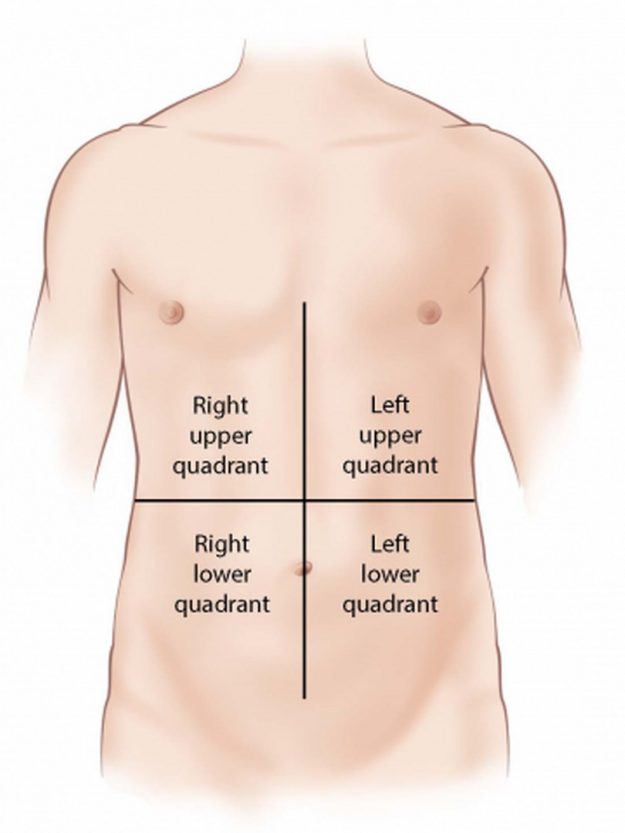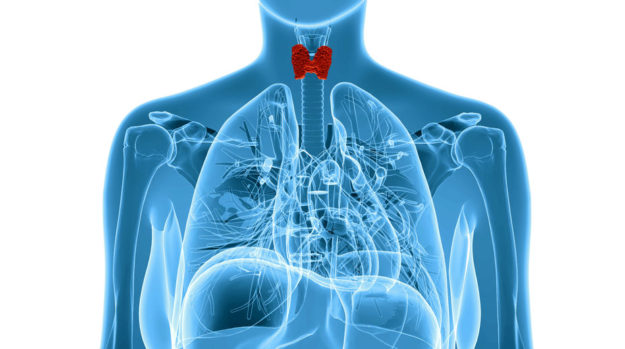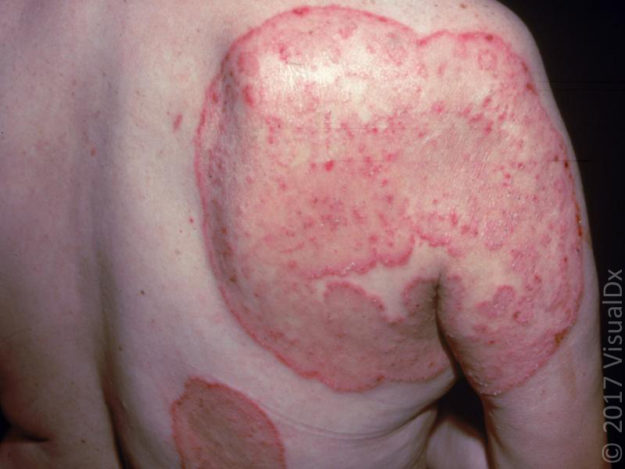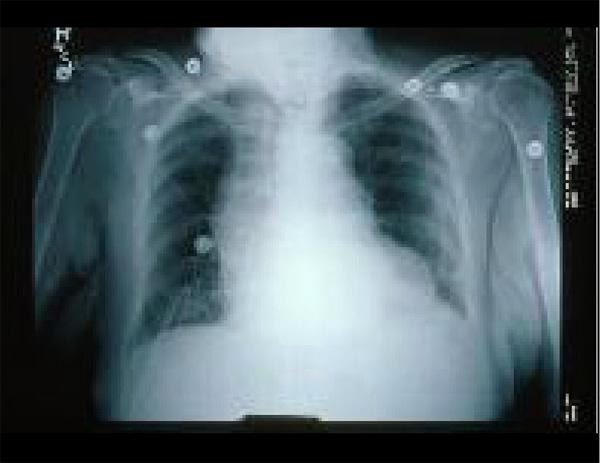Abdominal Assessment III for the Correctional Nurse: Constipation and Diarrhea 2.0 Continuing Education Hours Constipation and diarrhea are common complaints in the correctional environment. In this class, the third in a series, the basic abdominal assessment skills will be reviewed. Constipation and diarrhea will be explained, and potential reasons for each will be discussed. Common…
Abdominal Assessment II for the Correctional Nurse: Nausea and Vomiting 2.0 Continuing Education Hours Nausea and vomiting are common complaints in the correctional environment. Typically the result of gastrointestinal (GI) infections, nausea and vomiting may also be the result of other infections, metabolic disorders, central nervous system disorders, the ingestion of certain drugs, pain, pregnancy and…
Abdominal Assessment I for the Correctional Nurse 2.0 Continuing Education Hours Abdominal pain is perhaps one of the most frequent complaints listed on a sick call/request to be seen slip in the correctional environment. Changes to routine and diet, stress, and the “unmasking” of symptoms as patients become “detoxed” from substances like alcohol and drugs…
Patient Education for the Correctional Nurse 2.0 Continuing Education Hours One of the most important things we do as nurses is patient education, and we do it at every encounter with our patients. In the correctional environment, it is perhaps even more important, as we care for individuals who research has shown have low health…
Ectoparasites in the Correctional Environment 2.0 Continuing Education Hours Human scabies is an intensely pruritic skin infestation caused by the host-specific mite Sarcoptes scabiei var hominis. Scabies is a global public health problem, affecting persons of all ages, races, and socioeconomic groups. Worldwide, an estimated 300 million cases occur annually. Overcrowding, delayed diagnosis and treatment,…
A Thyroid Primer for the Correctional Nurse 2.0 Continuing Education Hours More than 12 percent of the U.S. population will develop a thyroid condition during their lifetime (American Thyroid Association, 20217). An estimated 20 million Americans have some form of thyroid disease. Up to 60 percent of those with thyroid disease are unaware of their…
Skin Assessment II for the Correctional Nurse 2.0 Continuing Education Hours In the general public, 20-30% of the population suffer from skin diseases. In addition, 10% have disease so serious that it interferes with their activities of daily living. Because skin conditions are typically visible, patients may experience greater embarrassment, stigma and even ostracism. This…
Skin Assessment I for the Correctional Nurse 2.0 Continuing Education Hours In the general public, 20-30% of the population suffer from skin diseases. In addition, 10% have disease so serious that it interferes with their activities of daily living. Because skin conditions are typically visible, patients may experience greater embarrassment, stigma and even ostracism. This…
Heart Failure for the Correctional Nurse 2.0 Continuing Education Hours According to the American Heart Association, almost 5.7 million Americans of all ages are affected by heart failure. Overall, it is responsible for more hospitalizations than all forms of cancer combined, and for medicare patients, heart failure is the number one cause of hospitalization. Due…
A Tuberculosis Primer for the Correctional Nurse 2.0 Continuing Education Hours The Centers for Disease Control and Prevention estimate that 4-6% of all cases of tuberculosis in the United States occur in individuals who are incarcerated at the time of their diagnosis. Tuberculosis prevention and control measures in the correctional environment include early identification of…






